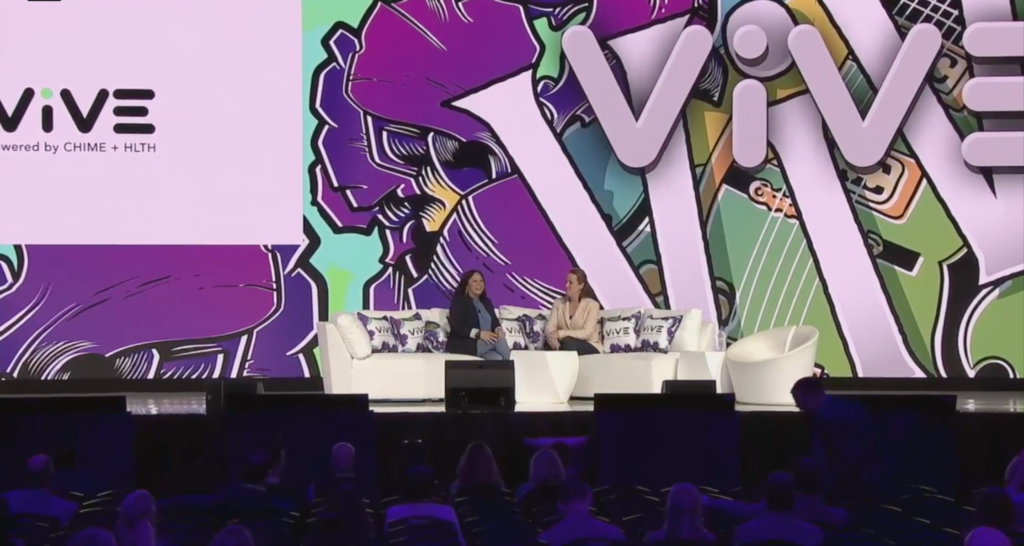Imagine planning a faraway vacation without the help of Google, Expedia, or Travelocity. You’d end up searching every airline to find the best flight, every destination hotel for the most affordable rooms, and every car rental company for the car of your choice. A process that might take an hour using online marketplaces would morph into a grueling marathon.
For many consumers, that’s exactly the situation when it comes to healthcare. Most struggle to figure out how to access the right care at the right time, how much their care will cost them, how much of it their insurance will cover, and where to find reliable information about their condition.
Why? In part, it’s because American healthcare providers have been restricted for decades by the commercial structure of the health insurance industry. Consumers had their health insurance choices dictated to them by either their employer or the government, with little of the freedom they enjoy in other aspects of their lives. For their part, providers got customers who had virtually no say in how their care was accessed or delivered, so they felt little pressure to improve the consumer experience.
The Race to Adopt New Technologies
That began to change in the 1990s and early 2000s as the federal government implemented a variety of value-based payment measures and penalties intended to incentivize providers (and payers) to improve the quality of care. Meanwhile, growing competition from consumer-facing giants like Walmart, Microsoft and CVS pressured providers to improve the patient experience. But as healthcare organizations raced to adopt technologies to compete and satisfy government regulations, they inadvertently created a fragmented and siloed consumer health experience.
The result: Today’s consumers are struggling to navigate a confusing jumble of apps, portals, and logins from their physician, their insurance company, and their employer (including a maze of wellness apps and third-party benefit portals). For the family health navigator, all of these access points need to be managed for each family member, often including elderly parents.
It’s long past time we simplified things to provide a consumer-friendly health experience. Rather than more apps and portals, consumers need a single, persistent, portable, and easy-to-use solution that adds value to the healthcare experience by making fragmented pieces work better together.
The 3 C’s Pushing a New Consumer Experience
Fortunately, consumerism, competition and convenience are all now pushing the industry in that direction. The biggest boost of all for this movement came in 2021 when the government set the rules for implementing the 21st Century CURES Act, requiring providers to give patients access to all the health information in their electronic medical records (EMRs) “without delay” and without charge.
The creation of this new “patient right of access” is the seminal event in the consumerization of healthcare, something that no one saw coming. It has been a true game changer for the industry and for patients.
Introducing the Connected Health Consumer
b.well Connected Health was built for this moment. Building on the patient right of access, b.well is creating an environment where consumers have a seat at the table, with all the necessary information and insights to select where and how to navigate their care. Our informed, connected health consumer model meets the needs of every healthcare stakeholder: patients, providers and health systems.
Now consumers can choose their mode of engagement with their healthcare. They’re provided a personalized workflow that combines clinical information from the EMR with external sources—everything from payers to wearables to social determinants.
The result? A retail-like experience that puts consumers in control of their own care journey. At last – a simple solution to the complexity of healthcare.
But the big question is, why does focusing on the consumer experience pay off for healthcare systems?
Listen to this webinar by b.well CEO and Founder Kristen Valdes, presented via Becker’s Hospital Review to see why health systems that deliver a frictionless consumer experience see results in staff efficiencies, financial performance improvement and increased family loyalty.


